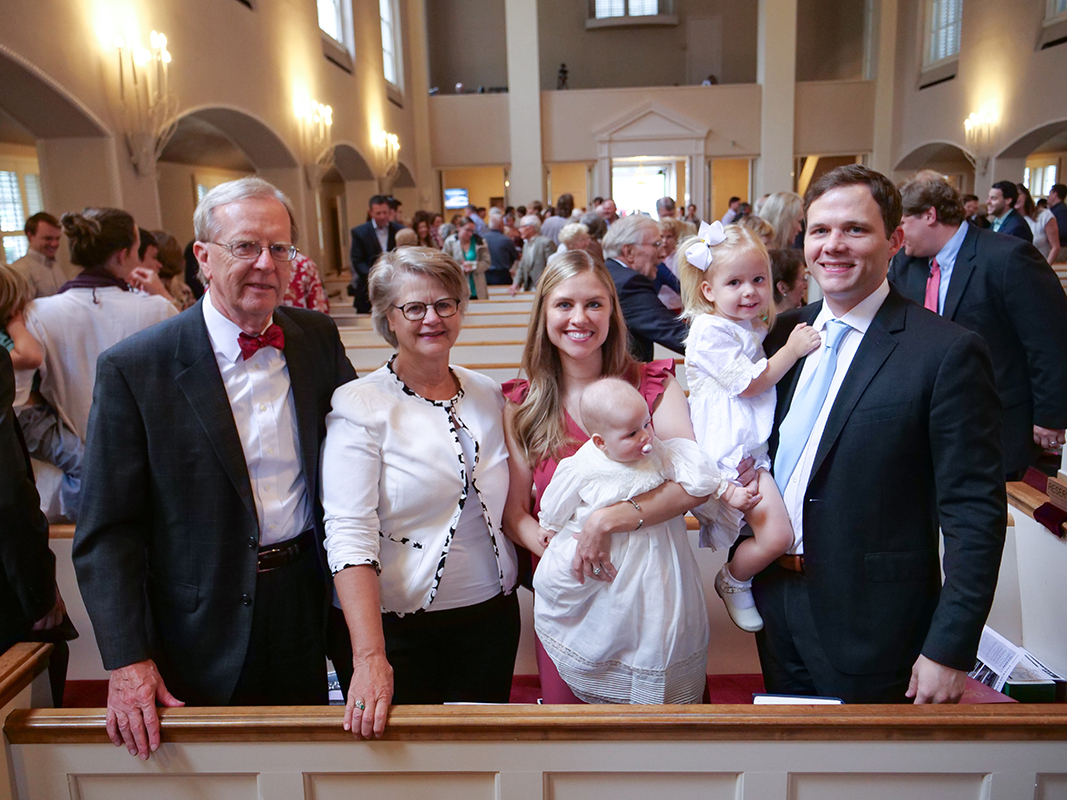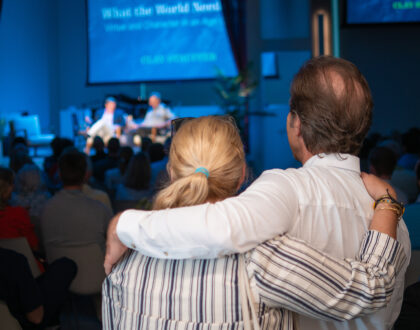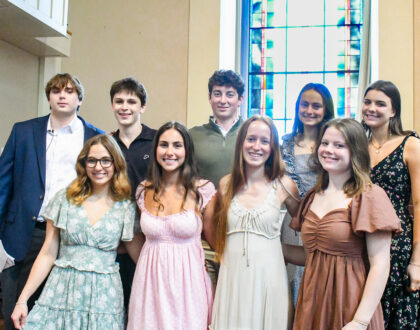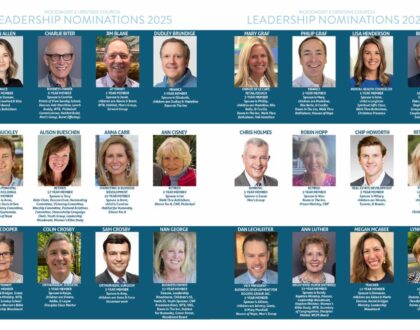Facing Life Is Better Together

In the ministry, I find myself on the front lines of people’s deepest pain. A young mother diagnosed with cancer; a husband deciding to leave a marriage; alcoholism, addiction, severe depression, suicide, bankruptcy, financial struggles, miscarriages, the sudden loss of a loved one, and much more. Ministers get invited into situations that many others never see or even hear about.
All human beings suffer to various degrees. This is simply inevitable. What is fascinating is how different people process and handle their pain and grief in a variety of ways. Some seek support, others go it alone. Some go to counseling, others do not. Some turn to alcohol or drugs, others find healthier alternatives. Some run from their struggles, others face them head on.
Of course everybody is wired differently and therefore responses to difficult situations will vary. Needs are different.
One thing is becoming clear in the twenty-first century: social isolation and loneliness is a growing problem. It is real. But aren’t we connected now more than ever before? Not really. Screens are deceiving. Life on social media is selective and often very different from reality. We put our best selves out there, not our pain, hurt, and disappointments.
David Brooks has been tracking this growing societal challenge in recent years as he travels around the nation. This past week, he wrote an article in the New York Times where he reported that 47,000 Americans kill themselves every year and 72,000 more die from drug addiction. This is a problem. According to Brooks, “These different kinds of pain share a common thread: our lack of healthy connection to each other, our inability to see the full dignity of each other, and the resulting culture of fear, distrust, tribalism, shaming, and strife.”
One of the challenges of the “spiritual but not religious” movement is that it often overlooks the value of community. This is certainly not to imply that you must be religious to find community. There are other ways. But spirituality often gravitates towards individualism. But we are social creatures wired to live life together. We do not live in a silo. We need each other.
Brooks refers to “weavers” as being people who work to build connection, mutuality, and community. These are people who understand that we need more friendships and less division, we need more relationships and less disagreement. This is becoming a moral challenge that all religions must take very seriously. He says, “When we stereotype, abuse, impugn motives and lie about each other, we’ve ripped the social fabric and encouraged more ugliness. When we love across boundaries, listen patiently, see deeply, and make someone feel known, we’ve woven it and reinforced generosity.”
We now stand at a moment in time when we must recognize the fact that we need each other. Whether it’s in the church, the synagogue, the PTA, or neighborhood association, we all must work more diligently to build and then nurture relationships. The person who is hurting the deepest might just be the same one who posted the happy Instagram picture of the family smiling at the beach inferring that life is perfect. That may or may not be reality. What we have discovered is that many people are alone, discouraged, and simply want to know that somebody else cares.
-Clay
Recommended Posts

Healing, Growth, & Renewal Over Time
May 30, 2025

Values for Our Graduates
May 20, 2025

Leading in the Church
May 16, 2025

